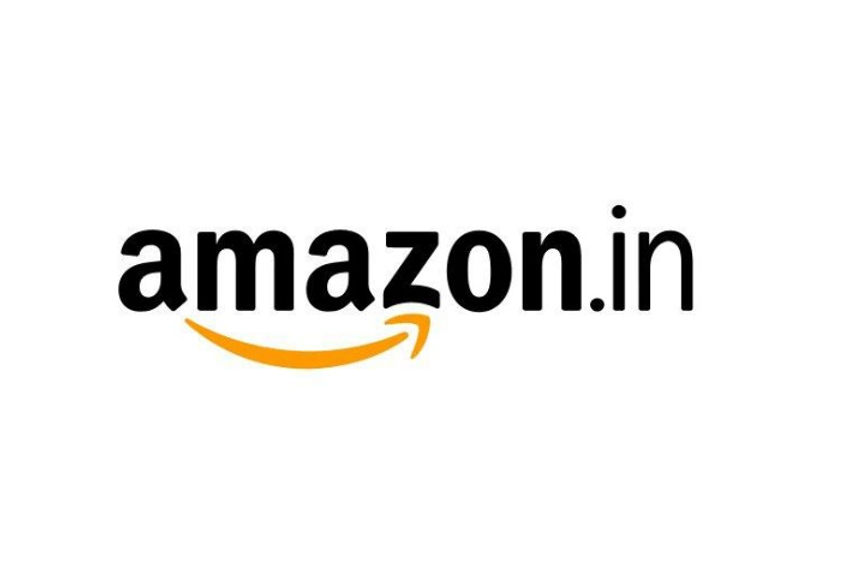Based on discoverability, user experience, mobile optimisation, navigation and content and the ability to drive desired actions, IPG Mediabrands' Ansible and YouGov has ranked the world’s most ‘mobile ready’ brands.
The global study, powered by Google Tools, analysed 2,000 brands across EMEA, Asia-Pacfic, and the Americas.
Using more than 240,000 data-points, the MDEX report ranks the global top ten most mobile-ready brands along with top ten rankings for 15 markets. The MDEX’s framework was built and developed over a six-month period, beginning in July, with field studies occurring in January 2017
While Facebook was the top most 'mobile ready' brand in the world, India's list was topped by Amazon. Amazon held the number two spot globally.
In India, Tata Motors came at number two. Auto dominated the list with Hyundai and Maruti coming in third and fourth place respectively.
The top 10 list was completed by Snapdeal, Horlicks, Lakme, Rin, Iodex and Bournvita.
Anjali Hegde, CEO, Ansible India, said, “India is a mobile first nation and an entire generation has bypassed PC/Desktop to connect digitally. The new consumer is mobile first and uses it as a primary tool for information, entertainment, engagement, communication and commerce. MDEX puts into perspective and benchmarks the mobile readiness of brands to connect with this new consumer. It is an authoritative study which looks at the mobile ecosystem in a holistic way. This is a study is timely and would immensely benefit brands to remain ahead of the curve.”
Global top 10
1 :Facebook
2. Amazon
3. 7-Eleven
4. Hyundai
5. Microsoft
6. Nike
7. Google
8. Adidas
9. OLX
10.Target
"The purpose of the MDEX is not to show winners and losers, or to focus on absolute rankings," explained Ansible global chief executive, Travis Johnson. "It is designed to show areas of strength and potential improvement, enabling you to measure your brands performance within its industry category and beyond."
Overall, brands did best in terms of optimising for mobile search, site navigation and content. Within the top ten, the main navigation on their sites and applications all provide filtering options.
In terms of mobile search (discoverability), brands with lower scores are ones that failed to provide a seamless search experience, likely causing consumer frustration and causing defection to competitors. The report also observed brands that didn’t do well here tended to fall down on all categories.
When it comes to mobile optimisation, most brands still need to improve their site loading. While the majority of brand websites surveyed loaded in about 10 seconds, it’s still a long time to wait when consumers are in a hurry or on the go.
"Mobile sites that load in five seconds earn up to two-times more mobile ad revenue than sites that load in 19 seconds," said the report. The study found that while site code was typically optimised for mobile, often, key assets were not and this slowed page load time.
Usability and UX was the category where brands tended to do the worst in, found the report, despite it being identified as one of the most important to consumers.
(With inputs from CampaignLive.co.uk)

